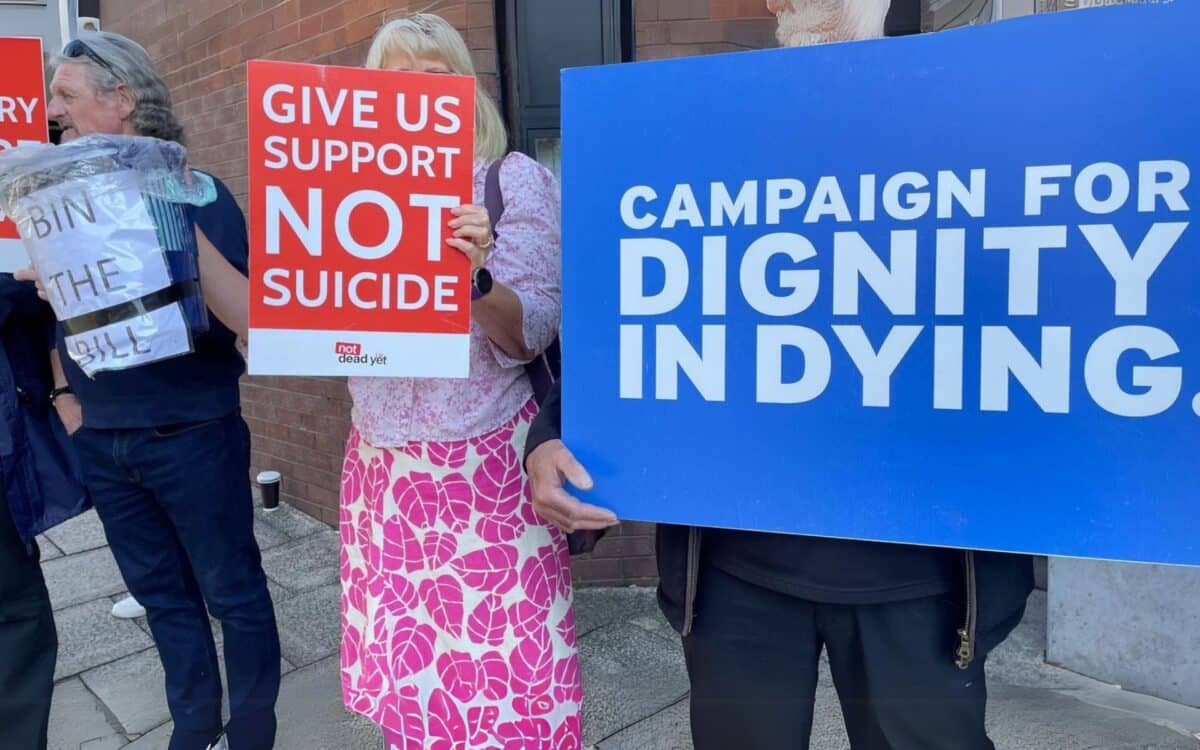The assisted dying bill, designed to allow terminally ill adults to legally end their lives under strict conditions, is once again set to return to the House of Commons for further debate later this month. The legislation has sparked intense national discussion around autonomy, medical ethics, and end-of-life care.
According to The Epoch Times, recent amendments to the dying bill—including revised safeguards and extended implementation timelines—have prompted both support and criticism.
Despite the collaborative work led by MP Kim Leadbeater to improve the bill’s viability, health secretary Wes Streeting has confirmed he will vote against the proposal, while still welcoming the process of dialogue.
Proposed Changes to the Bill Aim to Improve Safeguards
Initially passed in a preliminary vote in November, the Terminally Ill Adults (End of Life) Bill—commonly referred to as the dying bill—has undergone a series of amendments.
The most notable include the removal of the High Court safeguard, replaced instead by a multi-disciplinary expert panel comprising a psychiatrist, a social worker, and a senior legal representative.
The implementation timeline has also been extended to a maximum of four years before any assisted dying service can be introduced.
According to supporters, including MP Kim Leadbeater, the adjustments strengthen the dying bill and address concerns raised during its early consideration. Streeting agreed with the constructive spirit behind the process, stating:
I think what Kim Leadbeater has done is extremely helpful.
Concerns About Process and Potential Impact on the NHS
While the health secretary acknowledged improvements, he maintained his opposition to the dying bill’s content and outcome. Asked whether he would vote in favor, he answered :
No, I won’t be voting for it, but I do welcome the constructive approach that Kim Leadbeater has taken.
He also stressed the importance of ensuring the legislation is practically viable, saying :
To make sure that, whatever our own views on the merits of the bill itself, that the bill is workable, so that if MPs and peers choose to pass the assisted dying bill into law, that it is a workable law.
Some opponents remain critical of how the dying bill has evolved, describing the committee process as rushed and chaotic, raising concerns over whether sufficient time was allowed for proper scrutiny of such a sensitive and complex subject.
Streeting previously indicated that the measure might lead to higher costs for the NHS, a concern that has not been widely addressed in the debate so far.
Individual Conscience Vote and Diverging Opinions Within Government
Although Streeting has taken a clear stance, he recognized the diversity of opinion among his colleagues in government and the Department of Health and Social Care. He noted that it was “fine” for others to “take a different view.”
It’s a free vote and and it will remain so as this bill goes through – he added,
Reiterating the non-partisan nature of the vote.
Even if I might, respectfully, disagree with them on the merits of the bill overall.
Eligibility and Oversight at the Heart of the Proposal
Eligibility under the dying bill remains limited to terminally ill adults in England and Wales with fewer than six months to live. The process would require approval from two independent doctors, followed by assessment from the designated expert panel.
The framework excludes individuals outside this narrow definition. Supporters argue this ensures the law applies only in exceptional, clearly defined circumstances, though critics argue it may still pose ethical and legal dilemmas.
Legislative Calendar and Next Steps
The dying bill is due for report stage debate on April 25, during which MPs can introduce and vote on further amendments. If time permits, a third reading could take place the same day, potentially sending the dying bill to the House of Lords for additional scrutiny. Votes will continue to be cast according to individual conscience, not party lines.
The legislation has also sparked broader reflection within government on the state of palliative and end-of-life care. Speaking to the Health and Social Care Committee, Streeting confirmed these areas are being considered within the NHS 10-year plan.
We do want to see improvements in the quality of palliative care – he said,
Adding that the current debate offers a timely moment to confront societal taboos :
Ultimately, what we should be driving towards is for everyone to be able to have the best possible death and to break some of the taboos and the conversations around what a good death looks like.









